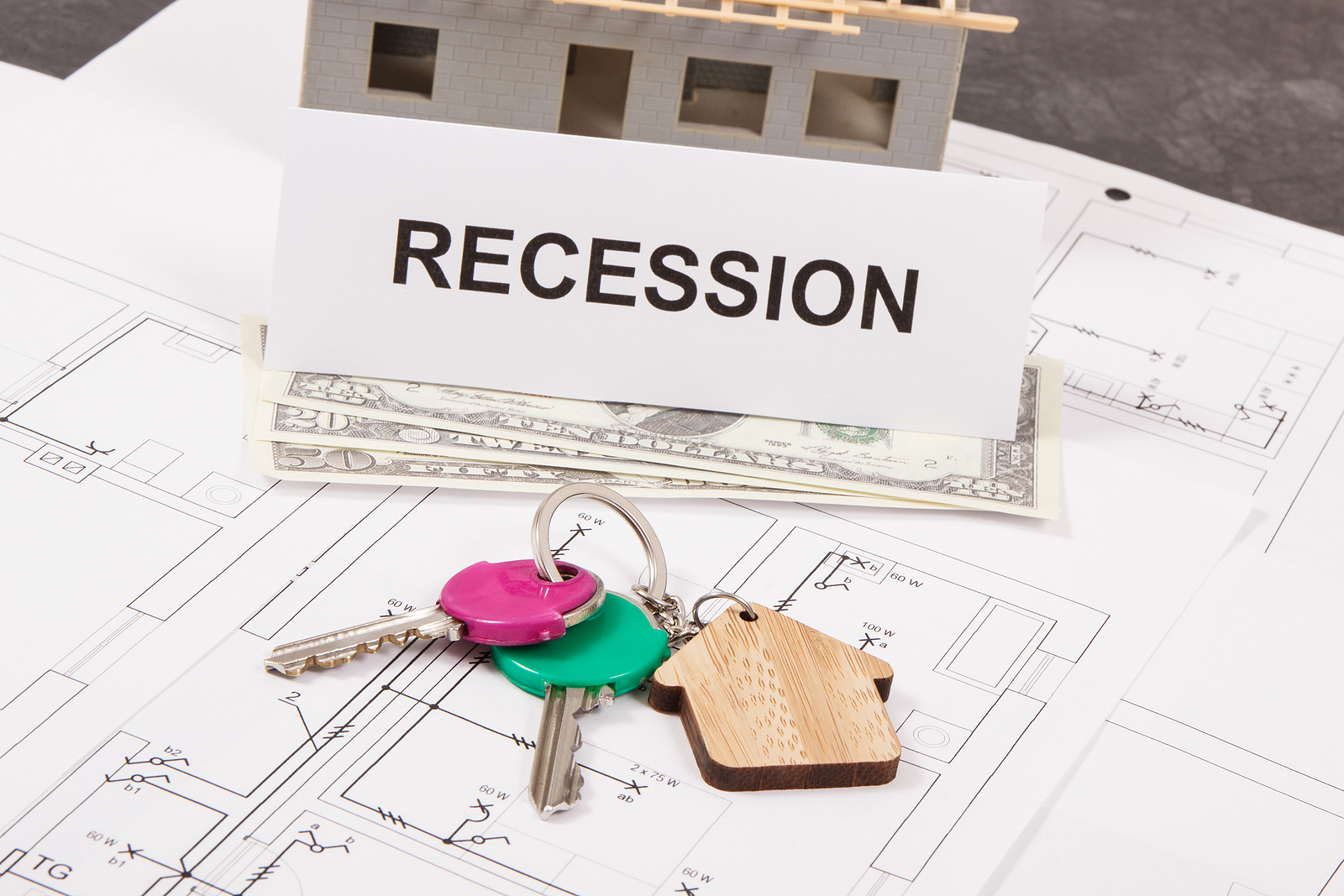The Federal Open Market Committee’s decision to not raise interest rates at its November meeting came as welcome news to the housing industry, leading to a dip in mortgage rates after a streak of increases. But industry analysts are still concerned about a housing recession.
Analysts at Wells Fargo recently warned that a rate cooldown likely won’t lead to a market boost, citing the overall cost of both building and buying a home.
“After generally improving in the first half of 2023, the residential sector now appears to be contracting alongside the recent move higher in mortgage rates,” economists Charlie Dougherty and Patrick Barley wrote in a research note. “Although mortgage rates may gradually descend once the Federal Reserve begins to ease monetary policy, financing costs are likely to remain elevated relative to recent norms.”
As long as the Fed keeps rates high, they argue that the market will continue to mirror the 1980s, when a surge of Baby Boomers aged into their homebuying years and flooded the market. During that period, the Federal Reserve was waging its own inflation fight, pushing mortgage rates as high as 18% and crimping sales despite demand.
Millennials are currently driving an even bigger boom, having surpassed Boomers as the largest generation in the U.S. They are expected to buoy the market for the foreseeable future, so demand far exceeds inventory, leading to high competition and soaring home prices.
During a press conference held on Wednesday afternoon, Powell said the FOMC is not thinking about rate cuts, which have been predicted for 2024.
“We’re going into these meetings one by one,” Powell said, adding they will be looking at the data presented each time they meet.
Recent economic data has shown continued strength in the economy, prompting the Fed to suggest a “higher for longer” rate environment will be necessary to bring inflation to its 2% goal.
“A ‘higher for longer’ interest rate environment would likely not only weigh on demand but could also constrain supply by reducing new construction and discouraging prospective sellers carrying low mortgage rates from listing their homes for sale,” Dougherty and Barley wrote.
Fannie Mae predicts a mild recession in early 2024 driven by disparities in cost and wage growth, as well as the slow-acting nature of Federal rate hikes, which are still working their way through the economy.
Read More Articles:
Home For The Holidays: Will It Be Better To Buy At Thanksgiving Or Christmas?
Rocket’s Pathfinder Gets An Upgrade
Can Technology Solve The Problem Of Racial Bias In Appraisals?
Sign up for our newsletter.
